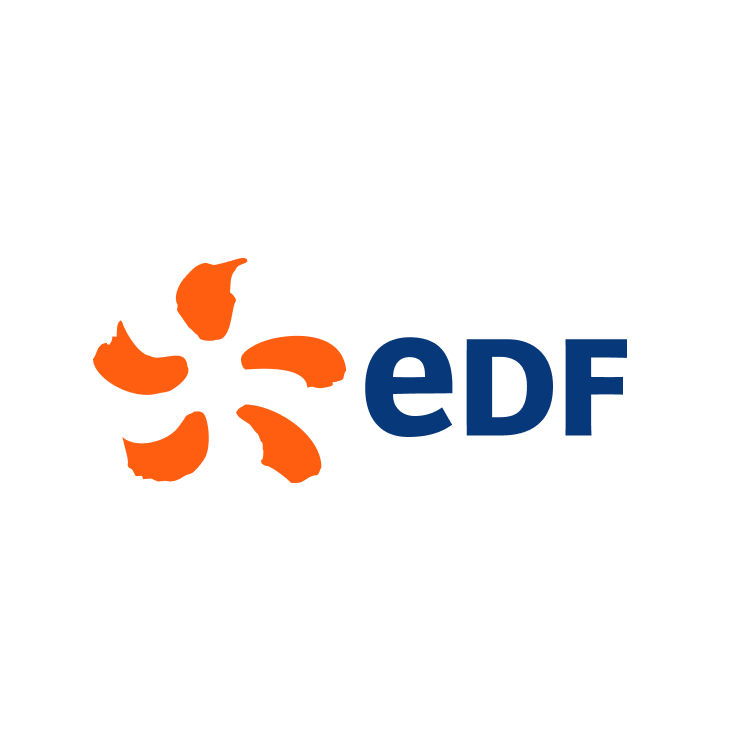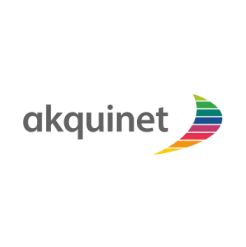As we enter the final stretch of 2025, the amount of data generated each day is reaching unprecedented levels. According to an IDC study, more than 175 zettabytes of data are expected to be produced by the end of this year, yet over 80% of businesses still struggle to harness this potential. In this context, open-source Big Data solutions are becoming essential for transforming raw data into drivers of growth and innovation.
LINAGORA’s Big Data integration services enable organizations to fully leverage their data using robust open-source technologies such as Hadoop, NoSQL databases, and distributed systems that offer unparalleled scalability.
What is a Big Data Solution?
A Big Data solution is a set of technologies, tools, and methodologies designed to manage the five "V" characteristics of massive data:
- Volume: From terabytes to multiple petabytes of data.
Velocity: The ability to ingest and process data streams in real time.
Variety: Structured data (SQL databases), semi-structured data (JSON, XML), and unstructured data (videos, logs, IoT).
Veracity: The reliability and quality of the data.
Value: The ability to turn this data into useful insights.
Modern solutions rely on distributed systems, where data is spread across multiple physical or virtual nodes, ensuring both resilience and performance. Technologies like Hadoop Distributed File System (HDFS) enable the storage and parallel processing of enormous volumes of information.
Key Benefits of Open-Source Big Data Solutions
Open-source Big Data solutions offer several strategic and operational advantages:
Cost Reduction: No expensive proprietary licenses, flexible infrastructure.
Scalability: The ability to add or remove nodes on demand without a complete overhaul.
Interoperability: Integration with NoSQL databases (MongoDB, Cassandra, Couchbase) and tools like Apache Kafka and Apache Spark.
Security and Sovereignty: Auditable code and compliance with European standards (GDPR, sovereign cloud).
Rapid Innovation: The open-source ecosystem evolves faster thanks to active open source communities.
Technical Details: Essential Big Data Components
Hadoop and Its Ecosystem
Hadoop remains a cornerstone of Big Data architectures. It includes:
HDFS (Hadoop Distributed File System): High-capacity distributed storage.
YARN (Yet Another Resource Negotiator): Resource management and task scheduling.
MapReduce: Distributed processing engine (now often replaced by Spark).
The Hadoop ecosystem also includes Hive (SQL-like queries), Pig, HBase (NoSQL database), and streaming tools like Flume and Sqoop.
NoSQL Databases
Unlike relational databases, NoSQL databases are designed to handle the diversity and volume of modern data. Several models exist:
Key-value (Redis, Riak)
Column-based (Cassandra, HBase)
Document-based (MongoDB, CouchDB)
Graph-based (Neo4j)
These databases deliver high performance and horizontal scalability, which are essential for Big Data projects.
Distributed Systems and Orchestration
Distributed systems often rely on containers and orchestrators like Kubernetes or Proxmox to ensure resilience and autoscaling. These environments guarantee high availability and fault tolerance.
Overview of LINAGORA’s Big Data Services
LINAGORA supports organizations at every stage of their Big Data transformation:
Audit and Strategic Consulting: Defining the roadmap, identifying bottlenecks, and selecting tools (Hadoop, Kafka, Spark).
Design and Architecture: Implementing a distributed infrastructure optimized for performance and security.
Integration and Migration: Transitioning from legacy systems to scalable open-source environments, migrating from SQL to NoSQL databases.
Custom Development: Creating data pipelines, predictive analytics algorithms, and real-time dashboards.
Training and Skills Transfer: Empowering internal teams to ensure autonomy.
Technical Support and Proactive Maintenance: 24/7 monitoring, continuous cluster updates, and resource optimization.
Why Choose LINAGORA?
Recognized Expertise: 25 years of experience in open-source solutions and critical infrastructures.
Sovereign Approach: Hosting compliant with European standards and respect for data confidentiality.
Scalable and Open Solutions: Native integration with private, hybrid, and on-premise clouds.
Open-Source Commitment: Active participation in Hadoop, Kafka, and NoSQL communities.
Diverse Client References: Public administrations, financial institutions, healthcare, and telecommunications.
Concrete Use Cases for Big Data Solutions
IoT Data Analysis: Real-time collection and processing of data from industrial sensors using Kafka and Spark Streaming.
Banking Fraud Detection: Real-time identification of suspicious transactions using NoSQL databases and machine learning algorithms.
Logistics Optimization: Forecasting inventory and flows through Hadoop integration and predictive systems.
Marketing Personalization: Advanced customer segmentation and product recommendations using distributed systems.
Take Action
Ready to unlock the potential of your data and benefit from a highly scalable Big Data architecture?
Contact LINAGORA’s experts today for a personalized study and a demonstration of best integration practices.
Frequently Asked Questions (FAQ)
Are open-source Big Data solutions suitable for large enterprises?
Yes, their scalability makes them suitable for both SMEs and enterprise-level infrastructures.
What is Hadoop’s role in a modern Big Data architecture?
It provides the distributed storage foundation (HDFS) and complementary tools for large-scale data analysis.
Do NoSQL databases completely replace relational databases?
Not necessarily. They complement relational databases by managing unstructured or semi-structured data.
What are the prerequisites for deploying a Big Data cluster?
A distributed infrastructure (physical or cloud), a data governance strategy, and orchestration skills (Kubernetes, Proxmox).
Conclusion
Big Data solutions and their integration are now indispensable pillars of digital transformation. They enable the management of massive data flows, improve decision-making, and accelerate innovation.
LINAGORA is committed to delivering high-performance, secure open-source solutions aligned with your digital sovereignty challenges, leveraging proven technologies like Hadoop, NoSQL databases, and highly scalable distributed systems.




